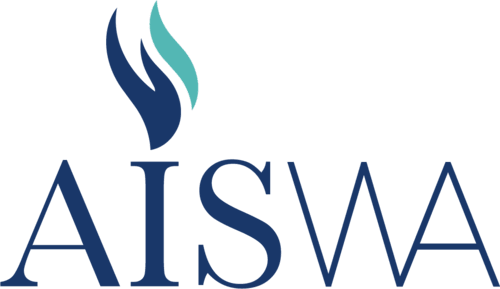On 16 June 2022, the Australian Government announced that they would expand the National School Chaplaincy Program (NSCP) program to allow schools to choose either a professionally qualified student wellbeing officer or a chaplain. The NSCP is now known as the National Student Wellbeing Program (NSWP).
The NSWP is a complementary service to those provided by qualified specialists. The NSWP is not designed nor intended to provide specialist services to school students, such as professional counselling, professional mental health and psychological services and other allied health services.
In 2023, all schools were invited to apply for the 2024-2027 National Student Wellbeing Program. Applications have now CLOSED and details of the successful schools can be found below. For queries regarding the NSWP, please contact the AISWA School Psychology Services Administrative Support Officer.
Details of the Independent schools participating in the 2024 – 2027 National Student Wellbeing Project can be found here.
Descriptions of the Service
- What student services does this program address?
-
Participation by schools and students is voluntary. NSWP student wellbeing officers and chaplains work in collaboration with school communities to support the wellbeing of school students through:
- providing pastoral care
- organising volunteer activities within the school community
- running programs such as breakfast clubs and lunchtime activities
- coordinating excursions, school incursions and parent/carer workshops.
- What is the difference between roles?
-
Chaplains and Wellbeing Officers
A chaplain is an individual who:
- is recognised by the school community and the appropriate governing authority for the school as having the skills and experience to deliver school chaplaincy services to the school community; and
- is recognised through endorsement by a recognised or accepted religious institution (as determined by the States); and
- meets the NSWP's minimum qualification requirements.
A student wellbeing officer is an individual who:
- is recognised by the school community and the appropriate governing authority for the school as having the skills and experience to deliver student wellbeing services to the school community; and
- meets the NSWP's minimum qualification requirements.
- What qualification and compliance is required?
-
Chaplains and student wellbeing officers are required to hold a minimum qualification or qualifications equivalent to or higher than a Certificate IV in Youth Work, Pastoral Care or Chaplaincy & Pastoral Care. This qualification or qualifications must include competencies in mental health and making appropriate referrals, and providing pastoral care, and/or working with youth.
In their role working with school communities, NSWP student wellbeing officers and chaplains:
- do not provide religious instruction or religious counselling
- may be of any faith, or of no faith
- must not proselytise
- must respect, accept and be sensitive to other views, values and beliefs
- must promote a safe and inclusive school community, where all people are respected
- must comply with state and territory laws and policies in relation to child protection and child safety matters, including mandatory reporting of suspected child abuse or neglect; and the National Principles for Child Safe Organisations
- must have relevant and valid state working with children checks
- meet the qualification requirements of the NSWP
- must undertake the cyberbullying Professional Learning Package delivered by the eSafety Commission within 3 months of commencing and refresh this professional learning at least once every two and a half years
- Participating Schools
-
Details of the Independent schools participating in the 2024 – 2027 National Student Wellbeing Project can be found here.
Resources
 Image: Students at Yakanarra Community School, Kimberley region.
Image: Students at Yakanarra Community School, Kimberley region.
